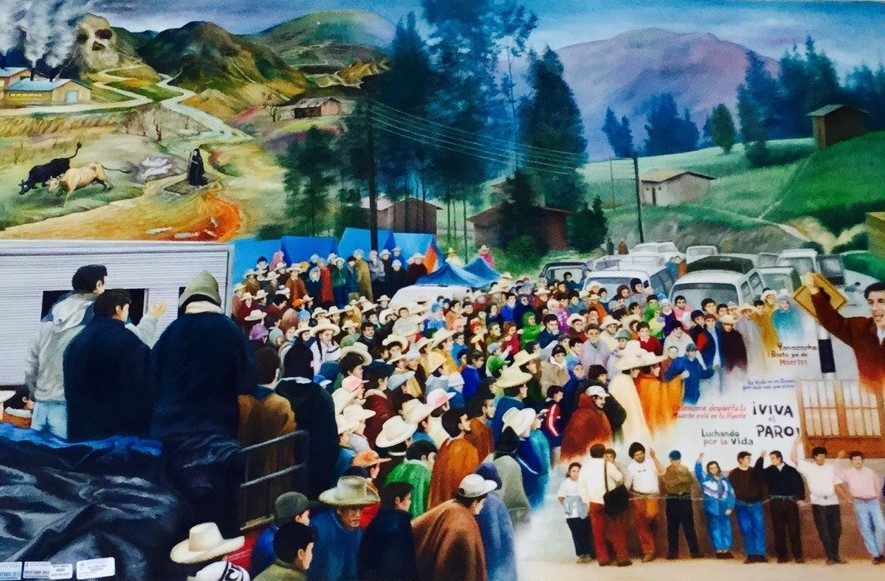
This project explores the effects of industrial mining in the reproductive lives of humans, animals and the land to expand our understanding of reproduction beyond the narrow model of the individual and biological human reproductive cycle that has traditionally constrained this body of scholarship.
Amidst the current climate crisis, reproduction – particularly fertility decline – is increasingly understood as a lens for addressing social, economic and environmental degradation.
The goal is to develop a framework called Reproductive Extractivism to understand how human reproduction is deeply interrelated with other beings' reproduction and show the analytic possibilities that reproduction offers for probing broader socio-economic processes, such as extractivism.
Based on ethnographic fieldwork in Peru, this project will examine the everyday life of reproductive extractivism among peasant communities in Cajamarca and Ayacucho and their 'world-making' (Murphy 2017b) practices and responses to environmental degradation.
This research will produce new understandings for remedying environmental degradation and its implications for the reproductive lives of peasant and indigenous communities across the world.
Researcher: Dr Julieta Chaparro-Buitrago
Research Theme: Science and Technology
Funding: Wellcome Early-Career Award
Year of Award: 2022
